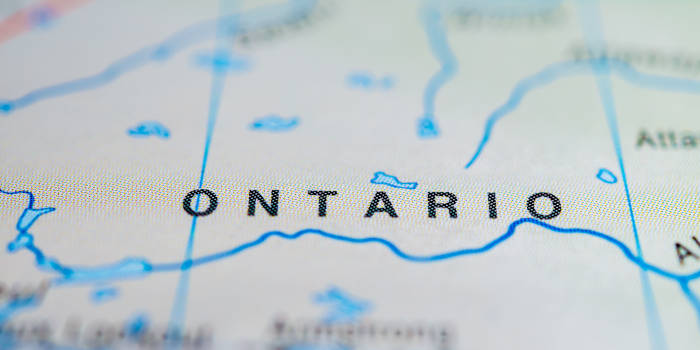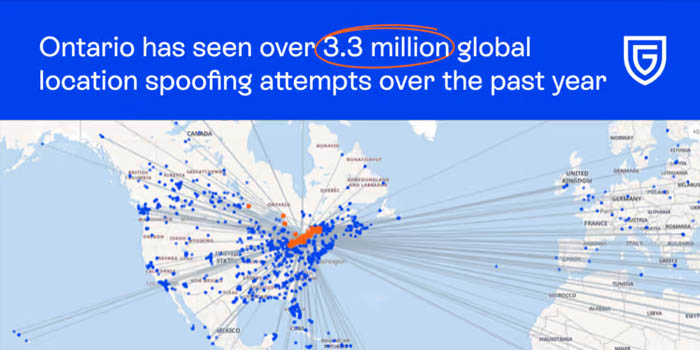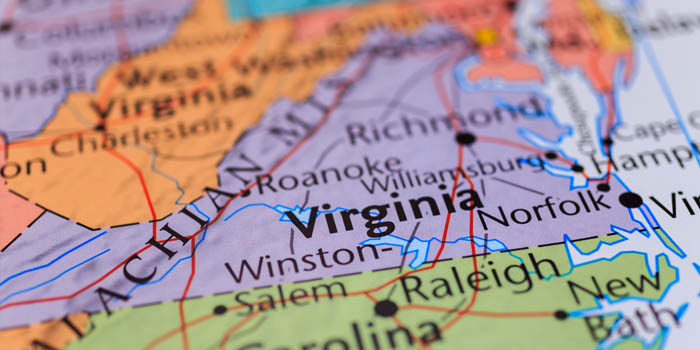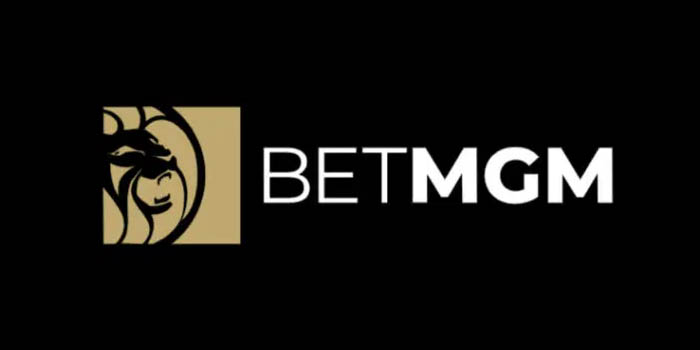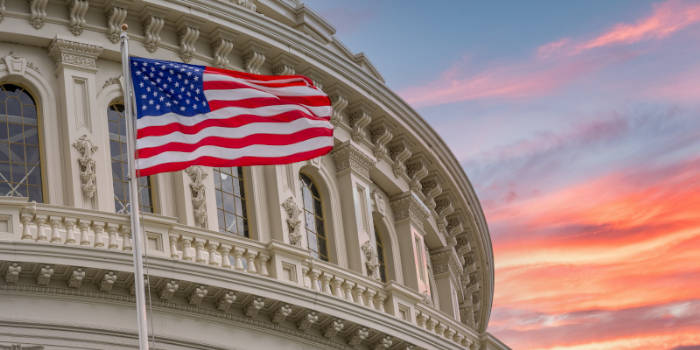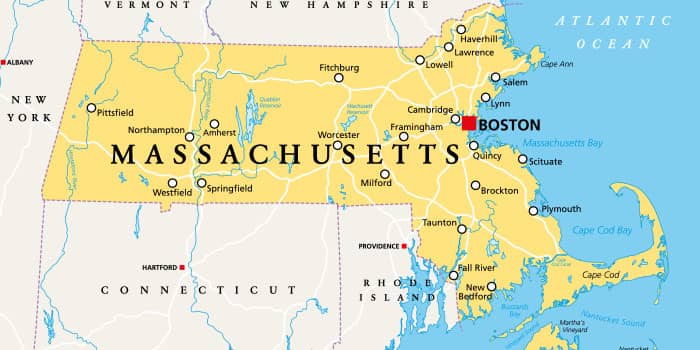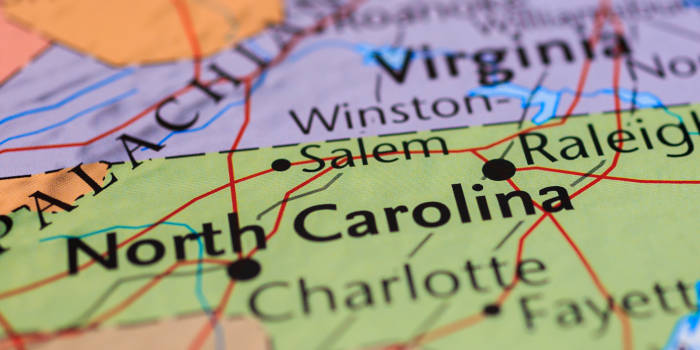Tribal Complaint Could Derail Online Casinos in Alberta

Residents of Alberta, Canada, welcomed an online casino, Play Alberta, last October that is operated by the Alberta Gaming & Liquor Commission (ALGC). Not only was it part of a larger trend seen in the gaming industry that is moving from brick-and-mortar properties to virtual ones, but it was also a great way for Alberta to collect revenue lost during the COVID-19 pandemic. Two First Nations tribes don’t see it that way, however, and are now suing Alberta in order to force the closure of the only online gaming platform operating in the province, arguing that it is operating illegally.
First Nations Tribes Cry Foul
The Tsuut’ina and Stoney Nakoda tribes are going after the Alberta government for allowing the ALGC to offer online slots, table games, and instant-win lotteries, asserting that Play Alberta doesn’t have the required permission to operate a casino. They believe that the ALGC, in order for it to be running the online platform, must have issued itself a gambling license, which is in violation of the Gaming, Liquor and Cannabis Act, or that it is operating the platform without a license. In either case, the tribes say that the ALGC has abused its authority, and they want the platform taken offline.
Brent Dodginghorse of the Tsuut’ina Nation and the CEO of Tsuut’ina Nation Gaming argues, “The province has closed casinos for a prolonged period of time, which also ensures that they are the only option available for those who want to play casino games. We have taken the business risk of building and operating a casino and agreed to share revenue with the province. It is in bad faith for the province to do anything with online revenue other than allocating to existing casinos.”
Canadian Gaming Revenue Takes A Hit
Across Canada, physical casinos shut down for several months last year due to the COVID-19 pandemic, just like everywhere else across the globe. When they were allowed to reopen in June, capacities were greatly restricted, which has caused revenue to remain much lower than in previous years. This is the case in Alberta, as well, where the government reportedly incurred a budgetary shortfall of around $24.2 billion. The launch of Play Alberta has helped to offset some of those losses while providing much-needed money to the area’s charities that are funded by gaming operations.
The tribes don’t see it that way, however, and believe that Play Alberta is going to cut into the contributions the province’s charities receive from casinos. Young adds, “The province estimates that within five years, their site will generate $150 million. This $150 million will come at the expense of land-based casinos and the charities that operate events in those casinos. In the Alberta casino model, [15%] of the revenues are allocated to charitable groups, but Play Alberta does not allocate any revenue whatsoever to the charitable groups.”
The ALGC hasn’t responded other than to explain that it hasn’t reviewed the complaint. It adds that it believes it is working within the legal framework of the Criminal Code of Canada and isn’t likely to back down without a major debate taking place first.
Erik brings his unique writing talents and storytelling flare to cover a wide range of gambling topics. He has written for a number of industry-related publications over the years, providing insight into the constantly evolving world of gaming. A huge sports fan, he especially enjoys football and anything related to sports gambling. Erik is particularly interested in seeing how sports gambling and online gaming are transforming the larger gaming ecosystem.



